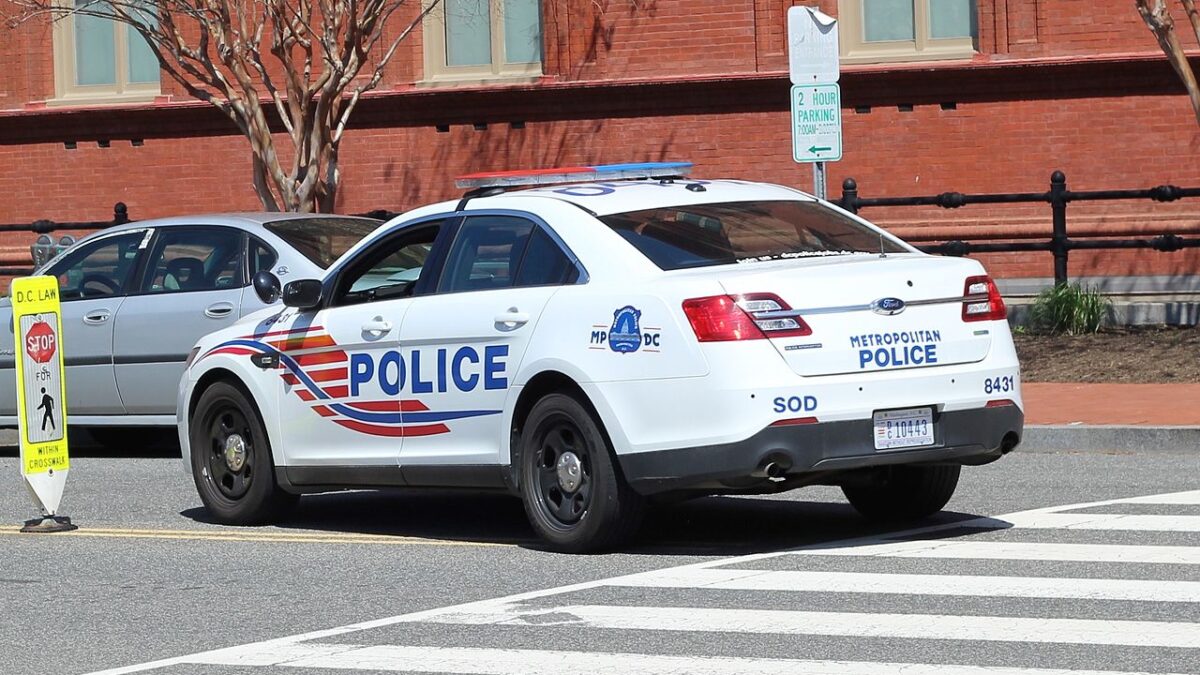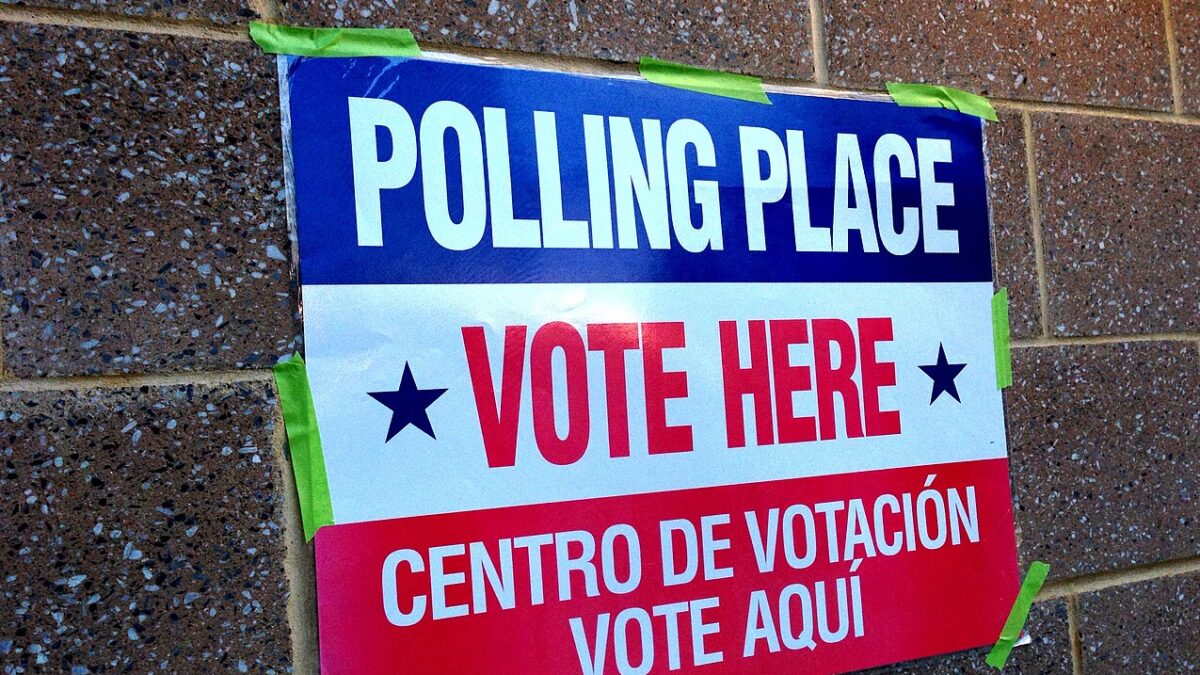
After President Trump’s Super Bowl ad featuring former cocaine trafficker Alice Johnson celebrating her commuted sentence, The Washington Post criticized Trump’s pardoning as too celebrity-influenced and stingy.
“[A]ll but five of the 24 people who have received clemency from Trump had a line into the White House or currency with his political base, according to a review by The Washington Post,” the Post article says. “As the administration takes its cues from celebrities, political allies and Fox News, thousands of other offenders who followed Department of Justice rules are waiting, passed over as cases that were brought directly to Trump leaped to the front of line.”
The article implies Trump is unique in this, when it is far more about the oligarchic nature of big government than it is about Trump. There are simply too many requests for clemency for it to be otherwise.
According to the latest U.S. Department of Justice data, there are 12,892 requests for pardon or clemency (reduction of sentence) pending before President Trump. That is 35 per day for an entire year. Even an extremely hardworking, intelligent, fair, and subject-matter-knowledgeable person could not possibly decide justly on 35 applications for clemency every single day for an entire year. That would require reviewing possibly massive casefiles for each applicant, and dispatching one every 40 minutes — if the decisionmaker never slept.
So it is humanly impossible for Trump to make these decisions, even if he had no other duties as president. Although of course he has staff to do vetting for him, he’s still responsible for his decisions and should take some time and thought making them. That’s why getting his attention requires celebrities like Kim Kardashian. Would the Post or anyone else truly prefer that instead the advocates for convicts did their lobbying in secret, instead of on Twitter?
No, The Data Doesn’t Show Trump Is Stingy with Pardons
The Post article also confusingly compares Trump to former presidents Barack Obama and Ronald Reagan across different categories of data, so that in the Post article Trump looks less likely to grant clemency. But that’s actually not true so far.
If you add the same columns of U.S. Department of Justice data for both presidents, you’ll see that Trump has granted more pardons and commutations than Obama did in each man’s first three years as president. From 2017 to 2019, Trump granted 21 petitions for pardon and clemency. From 2009 to 2011, the comparable time period for Obama, Obama granted 17 pardons and no clemency. (Neither president granted any remissions, the “R” column on the chart, in those years.) The comparable number for George W. Bush is seven, and for Bill Clinton 56.
As for denials, Trump’s administration made 180 in its first three years; Obama’s made a whopping 3,976, Bush’s made 2,856, and Clinton made 994. Compared to the pending cases of each presidency at the same point, this does indicate a large backlog at Trump’s justice. This may suggest they need to hire more people, or that the Trump administration has other priorities. But it doesn’t without other evidence indicate that Trump is less lenient than other presidents, or his approval process more political.
The Real Action Is in Legislative ‘Reforms’
Because they apply to everyone, not just the few lucky enough to be noticed by Kim Kardashian, the real action is not in presidential pardons. It’s in “criminal justice reform” laws such as the First Step Act and more radical versions such as that recently passed in New York. In his State of the Union Tuesday night, Trump touted First Step as “landmark criminal justice reform.” Such penal code revisions are a response to what the American Civil Liberties Union calls a “mass incarceration crisis.”
But I’m skeptical that we really have such a crisis — or, to put it more precisely, that the reason most Americans are in prison and jail is the law’s fault rather than their own and their communities’. And the examples being touted by the “criminal justice reform” crowd make me trust them less rather than more.
https://www.youtube.com/watch?v=vP0pOeERO_Y
Johnson, for example, is constantly labeled a “nonviolent drug offender” who was inexplicably given a life sentence. That’s just plain propaganda. As Georgi Boorman writes, “Over a period of four years, Johnson helped manage regional operations of the Cali mafia’s drug business (based in Colombia).” Local news reports at the time of her conviction say Johnson “le[d] a multimillion-dollar drug ring that dealt in tons of cocaine.”
I don’t necessarily believe life in prison is a punishment equal to this crime. But I also didn’t sit on Johnson’s jury, and have very limited knowledge about her case. Serious punishment seems warranted based on what we do know. Learning more facts about the record of this “nonviolent drug offender” who has been made a totem for “criminal justice reform” makes me trust other pity pleas even less.
The Post article, for example, gives the example of Nichole Forde, whom it also claims “has served about nine years of a 27-year sentence for nonviolent drug crimes.” At this point, I wouldn’t believe she’s really a “nonviolent offender” without reviewing her court documents.
That’s especially because anyone with any legal experience knows that frequently the crime listed on a person’s conviction is much lesser than the ones he committed. They’re routinely bargained down to cut court time and costs. So while someone’s record might say she’s a “nonviolent offender,” that might very easily not at all be true, and the media and politicians obviously don’t have a trustworthy track record of honesty on this or any other issue.
Weekend Tokers Aren’t Driving U.S. Incarceration
It’s not just Johnson. The entire underlying narrative that “U.S. overincarceration” is substantially due to “nonviolent” drug war offenses like hers is false. As Rafael Mangual wrote in City Journal last summer:
Yes, about half of federal prisoners are in on drug charges; but federal inmates constitute only 12 percent of all American prisoners—the vast majority are in state facilities. Those incarcerated primarily for drug offenses constitute less than 15 percent of state prisoners. Four times as many state inmates are behind bars for one of five very serious crimes: murder (14.2 percent), rape or sexual assault (12.8 percent), robbery (13.1 percent), aggravated or simple assault (10.5 percent), and burglary (9.4 percent). The terms served for state prisoners incarcerated primarily on drug charges typically aren’t that long, either. One in five state drug offenders serves less than six months in prison, and nearly half (45 percent) of drug offenders serve less than one year.
The majority of American prisoners have been convicted of robbery or violent crimes like murder, physical assault, and rape. Many of them have gotten “second chances” already, and many used those second chances to do even worse things. (Read Mangual’s article for the evidence.)
“Because so few American prisoners are serving time for trivial infractions, aligning America’s incarceration numbers with those of, say, England or Germany would require releasing many very serious and frequently violent offenders,” Mangual says. “Yet many in the decarceration camp have been calling for just such a mass release.”
Like most Americans, I don’t think a dude smoking weed in his basement should be attacked by SWAT teams or jailed. All people deserve justice, and sometimes that will include reducing an unjustly strict sentence. But that also is not the typical story of the vast majority of incarcerated people.
Like it or not, we lock up lots of people mostly because lots of Americans are deranged and violent. There are lots of reasons for this that deserve attention, money, and action. One would be reviving humane institutions that aren’t prisons or homelessness for the mentally ill. Another would be doing everything possible to reduce broken families, since father loss is strongly correlated with crime. Another would be not normalizing or easing access to non-pharmaceutical drugs.
But simply letting people out of prison without addressing the reasons they put themselves there, plus letting our border remain controlled by drug cartels while states legalize the use of their wares, will lead to another crime wave like the one Americans freaked out over in the 1980s. In some cities, it’s already happening.









